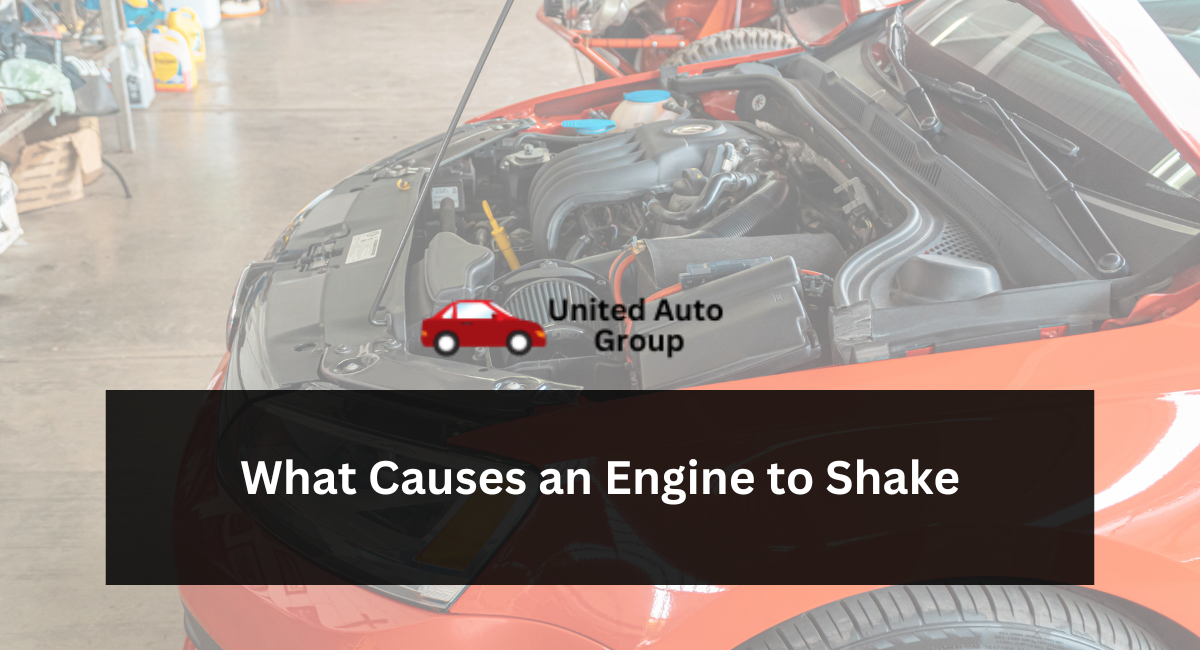There may be multiple causes for the vibration of your car engine. Particularly, this is rather typical when driving an older vehicle. These are the primary reasons and signs of car engine vibration, along with their corresponding remedies.
Engine Pulley
A frequent cause of engine shaking is the crankshaft damper. The primary function of this component is to reduce vibration. It is commonly found in diesel engines. However, if it becomes worn out and ceases to function, the engine will experience a greater amount of shaking than normal. Once you become aware of this issue, get in touch with your mechanic.
Defective Engine Mount
Another reason for engine vibration is a faulty engine mount. This part connects the engine to the chassis and also helps to minimize the vibration of a running engine. Over time, it can become impaired and result in vibration.
Problems with Spark Plugs
If there is an issue with the spark plugs of the vehicle, the engine will experience increased vibrations. Changing the spark plugs is quite simple; it can be performed at home provided you possess all the required instruments and some understanding of the process. (Refer to the owner’s manual if you are uncertain about the procedure)
Weather Conditions
During the winter, you may experience increased engine vibration compared to what is considered usual. Due to low temperatures, the engine is unable to operate at its best, resulting in an increase in vibration.
Automobile Axle
At times, it appears that the issue with the engine shaking originates from the engine itself. Regarding this situation, the issue may lie in the axles of the car. Following an incident, the axles may sustain damage, even if there are no visible indications of harm. That’s why immediately after an accident, it’s advisable to bring your car to a repair.
Issues with the Wheel
Tires are one of the most frequent causes of engine vibration. If you sense that the vibration is being transmitted straight through the steering wheel, a wheel that is not properly aligned or wheel bearings that are worn out could be the cause. In addition, distorted ball joints might result in vibration when driving at high speeds.
Issues with Tires
Approximately 80% of car vibrations are associated with tires. Performing tire balancing, tire rotation, or tire replacement can address these vibrations.
Issues with the brakes
If you experience vibration when braking, it is possible that your vehicle has an issue with damaged or deteriorated brake rotors. Excessive use can lead to the brake rotors becoming distorted, making it difficult for the brake pads and calipers to grip them when braking.
Conclusion
In conclusion, an engine shake can be a disconcerting experience, but understanding the potential causes allows for timely diagnosis and resolution. Whether it’s due to misfires, worn-out engine mounts, fuel delivery issues, or imbalances in the rotating components, addressing the root cause promptly is crucial for both performance and long-term engine health.
Regular maintenance, such as timely spark plug replacements, fuel system cleanings, and overall engine inspections, can go a long way in preventing and mitigating engine shakes. Remember, if you notice persistent vibrations or shakes, seeking professional assistance to identify and address the specific issue is always a wise decision. By staying proactive and responsive to the signs, you can keep your engine running smoothly and enjoy a more comfortable and reliable driving experience.

